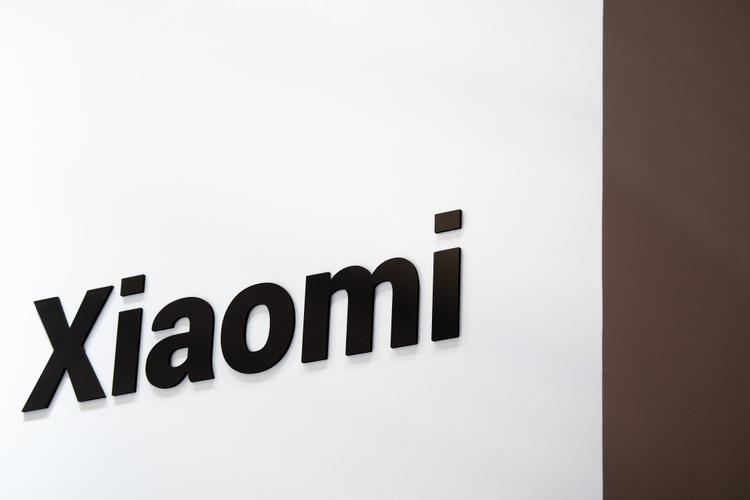
David Ramos
Jefferies said Xiaomi (OTCPK:XIACF) (OTCPK:XIACY) successfully taping-out a 3nm mobile system-on-a-chip (SoC) is a breakthrough for the company, but there are uncertainties on its potential impact and roadmap.
China’s Xiaomi is being credited for designing the country’s first 3-nanometre smartphone chip, but the company has stayed silent on the matter, The South China Morning Post reported earlier this week. Tang Jianguo, chief economist of the municipal economy and information technology bureau in charge of Beijing’s hi-tech industry, said Xiaomi successfully “taped out” China’s first 3nm-grade mobile chip, in a news report on Sunday which was aired by state broadcaster Beijing Radio and Television Station.
Tape-out refers to the final stage of the design process before chips head to mass manufacturing.
Analysts led by Edison Lee said that, if true, it is a breakthrough for Xiaomi, but the SoC’s performance remains unclear.
Xiaomi likely intends to compete with Huawei Technologies on local image, but in the long-term may try to replicate Apple’s (NASDAQ:AAPL) hardware-software integrated model. This may be a long road, and could jeopardize its long-term collaboration with Qualcomm (QCOM), the analysts added.
As the chip is likely made by Taiwan Semiconductor Manufacturing (TSM), the U.S. sanction risks for Xiaomi could increase. The competition in the smartphone industry would then rise even more, according to the analysts.
Lee and his team said their industry checks indicate that Xiaomi could deploy SoC in a special edition of its upcoming Xiaomi 15 flagship smartphone model, its tablet and potentially its electric vehicle, or EV. But volume will likely be small (less than 1M) in 2025.
Media reports indicate this is a joint Research and development effort with MTK, which would make sense since Xiaomi would have to design its SoC to work with an external 3G/4G/5G modem. However, Qualcomm would unlikely help since it is currently the main SoC supplier for the Chinese tech giant’s high-end phones, the analysts added.
MTK would have less conflict, as Xiaomi is using MTK’s SoCs for only mid to low-end phones. Thus supplying Xiaomi’s high-end phones with modem would be an incremental business for MTK, according to the analysts.
Historically Huawei’s HiSilicon was the only Chinese smartphone player which has been able to design its own SoCs. Other Chinese smartphone companies such as OPPO had attempted to design its SoC but gave up due to high-tech complexity, high costs and geopolitical risks, the analysts stated.
Xiaomi’s tapeout success is a breakthrough but to match the performance of leading players such as Apple and Qualcomm and MTK would be challenging due to their experience and expertise. It has taken MTK five to six years to narrow its performance gap with Qualcomm at the high end, according to the analysts.
Lee and his team pointed out several challenges for the Chinese company. Firstly, they think that the SoC technology is complex and it remains to be seen if Xiaomi will be able to match the current and future performance of rivals with ongoing iterations.
In addition, the analysts believe that Qualcomm may see Xiaomi as a potential competitor, and could give it less support.
Lastly, the 3nm chip will likely be made by TSM, which could increase U.S. sanction risks for Xiaomi’s. The analysts believe that the U.S. would not likely be willing to see TSM produce advanced chips or a Chinese company. HiSilicon’s advanced chip design capabilities were among the reasons the U.S. sanctioned Huawei.
Thus, Xiaomi will likely keep the volume of its own chip small in the beginning, and evaluate other factors along the way. This event has added uncertainties to the global smartphone industry, and will likely escalate competitive intensity, according to the analysts.
Huawei was once in competition with Apple and Samsung (OTCPK:SSNLF) to be the world’s biggest handset maker until U.S. restrictions, starting in 2019, began to curb its access to chip manufacturing tools needed to produce its most advanced models.
Earlier this week, TSM said it alerted the U.S. government about a potential attempt to have it manufacture AI chips for Huawei. The Taiwan-based company, reportedly, halted shipments to the customer after it found that one of its chips supplied to the client ended up in a Huawei product.
